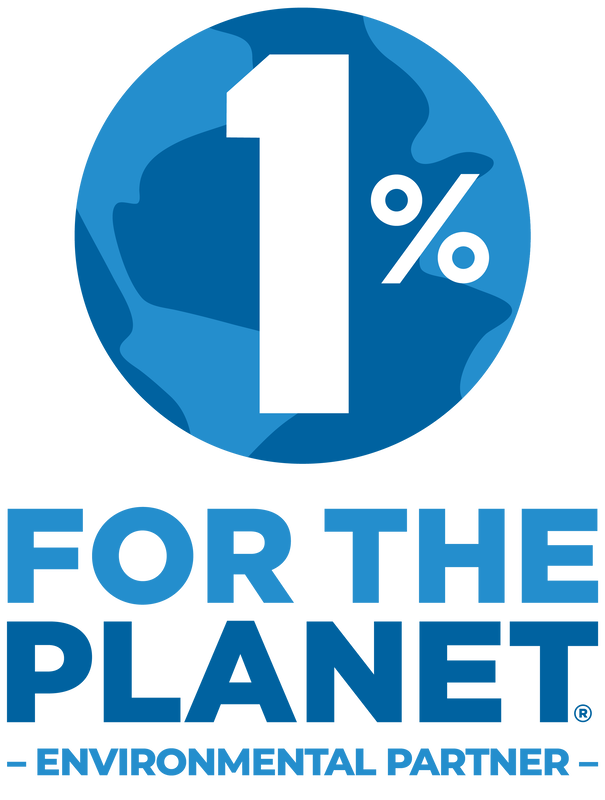|
By Liz Fitzpatrick As a learner in an educational setting, have you ever been asked to name something that you love? Typically when we are asked this question, it is in a leading context. For example students might hear, "Which subject at school do you enjoy the most?" or "What do you want to be?" This type of question is intended to guide students towards the career pathway that would be best suited for them, but can actually be misguiding. American Student Assistance published a wonderful white paper that found, "Conversations about the future with American students all too often involve this oversimplified and misleading question which gives the impression a person simply ends up being something." What happens when we ask questions like, “What are you passionate about?” or “What do you want to give to society?” When we reframe the question, students have room to really think about how they relate to the bigger picture. This goes for not only career pathway exploration, but also for when we educate students about the impacts of climate change. Anyone who has taught about the climate before knows that one of the biggest challenges is that many people simply don't believe that climate change affects them.
Once, when I was teaching a California high school class about the importance of saving energy, some students in the room were not feeling engaged because they did not see how this would affect their lives. I asked those students what they love or look forward to every day and one student said "I love guacamole!" In response, I brought up the increasing drought in California as a result of climate change and rising prices of water, which makes growing avocados more costly, and therefore guacamole more expensive. That connection was relatable and clicked for those students. It empowered them to see the ways that their future would be impacted by climate change and how they could change that. Whether looking at a student's career path or the impacts of climate change, the future is in the hands of young people and reframing our questions to meet them where they are at makes us better educators. It leaves the answers up to the students.
1 Comment
|
Get In TouchDo you know an environmental leader who should be featured in a story? Reach out to [email protected]. Categories
All
Archives
April 2024
|
Get Involved
|
Contact Us
|
SEI Headquarters
100 Smith Ranch Road, Suite 124 San Rafael, CA 94903 Phone: (415) 507 - 2181 Email: [email protected] States where we work:
Arizona California Colorado Indiana Maryland New Mexico New York New Jersey North Carolina Oregon Washington Virginia |
ConnectSubscribe to the SEI quarterly newsletter to get involved and receive updates
|
SEI is a 501(c)3 nonprofit organization.


 RSS Feed
RSS Feed

